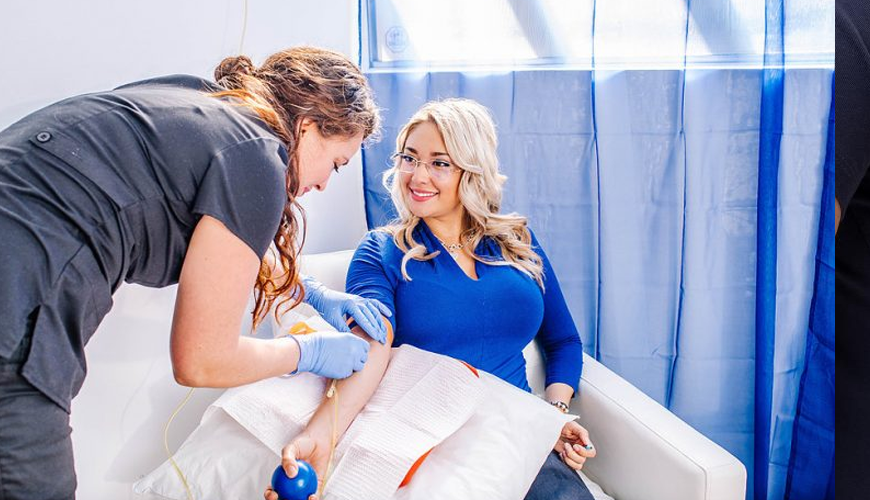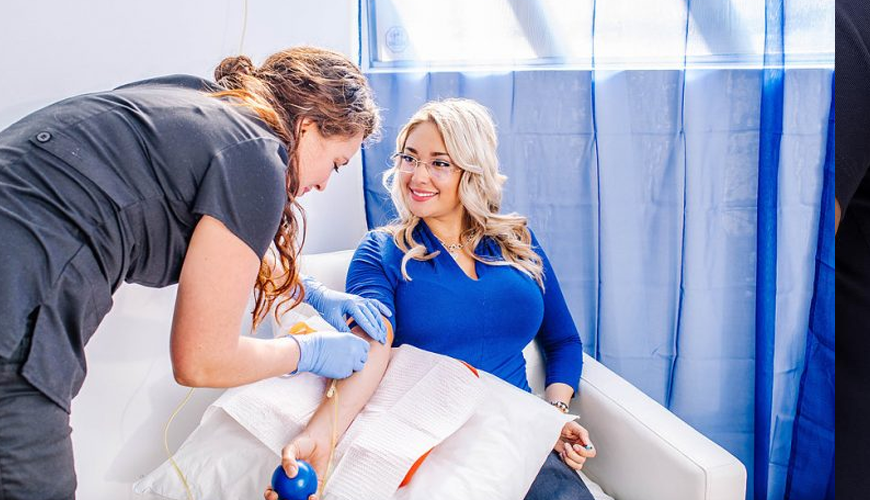
Once cancer occurs, it can be very difficult to control or cure the disease. However, there are a number of treatments that may be effective. Sometimes a cure is possible. Other times, although we cannot completely cure the cancer, the patient may be able to live long-term with the disease – i.e. the cancer hasn’t disappeared, but it’s no longer growing anymore either. If we can slow the growth of a cancer that otherwise would have killed a patient, and improve quality of life, I consider that a win.
As my goal is always to achieve the best health outcomes for my patients, we need to evaluate the benefits and risks of each treatment – natural or otherwise, as well as the risks/benefits of NOT doing a treatment, for THAT SPECIFIC INDIVIDUAL. Sometimes, although a treatment may be effective, it will only likely increase lifespan by a few months, if at all, and yet will decrease quality of life. If a patient only has a few months, they may want to focus on the treatments that helps them to feel as good as possible. Thus, I find out what the goals of my patient are, and we work to achieve them. I always honor that this is a very personal issue, and respect the desires of my patients, after informing them of the various options and the risks and benefits of the various options.
I make use of various treatments when dealing with cancer:
First, I often make use of the ketogenic diet. This is a very high fat, low-to-moderate protein, and very low carbohydrate diet. We are amassing more and more evidence on the effects and benefits of the ketogenic diet – we know that cancer cells don’t thrive as well on the ketogenic diet – they need the sugar generated from a normal dietary pattern. So we often put patients with cancer on this diet, and have them tested regularly to insure their body is responding to the diet appropriately.
Secondly, I use a number of oral supplements. Some improve they body’s immune function – i.e. the ability to fight cancer cells. For example, certain mushrooms have been shown to improve the body’s cancer-fighting response. Others supplements may help improve energy, or deal with symptoms or side effects of their treatments.
Thirdly, I use several IV therapies, i.e. intravenous therapies, that have been used successfully in treating cancer. The goals with these therapies are several, including: directly killing cancer cells, improving immune function, decreasing side effects of radiation or chemotherapy, and improving efficacy of radiation or chemotherapy. Some IV therapies include very high dose vitamin C, DCA, curcumin, Poly-MVA, glutathione, and artesunate.
If you would like to reach out, you can contact us to set up a free 10 minute phone consultation. Our number here in Studio City is 424-278-4325.
Yours In Good Health,
Dr. Fischer

